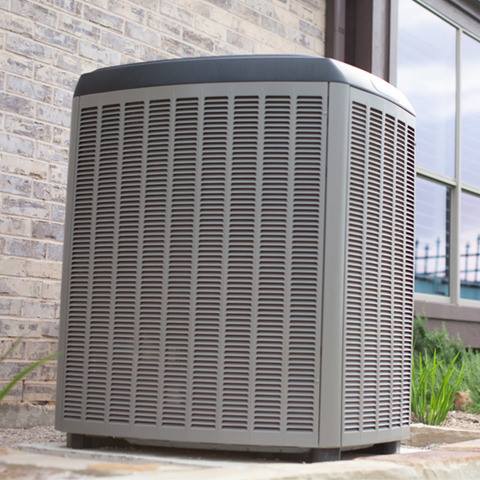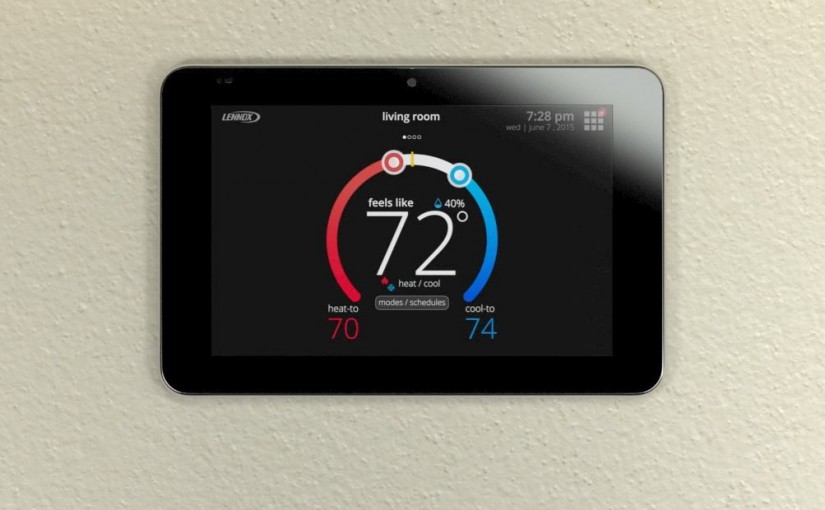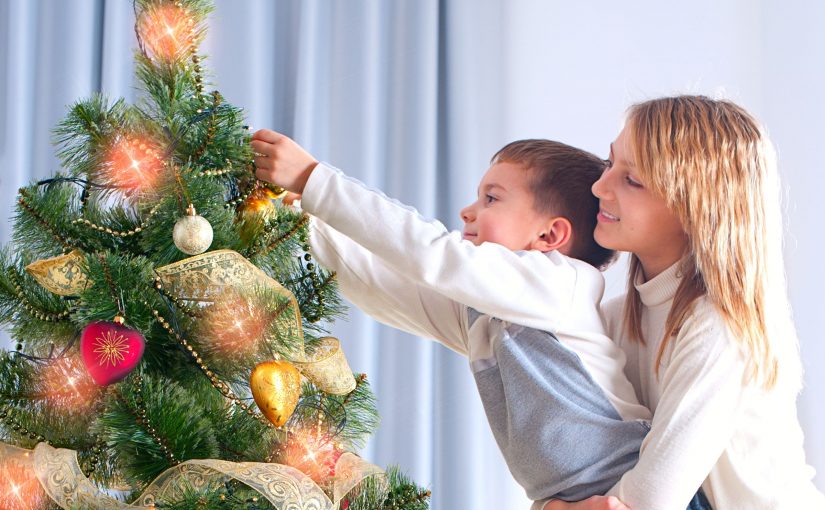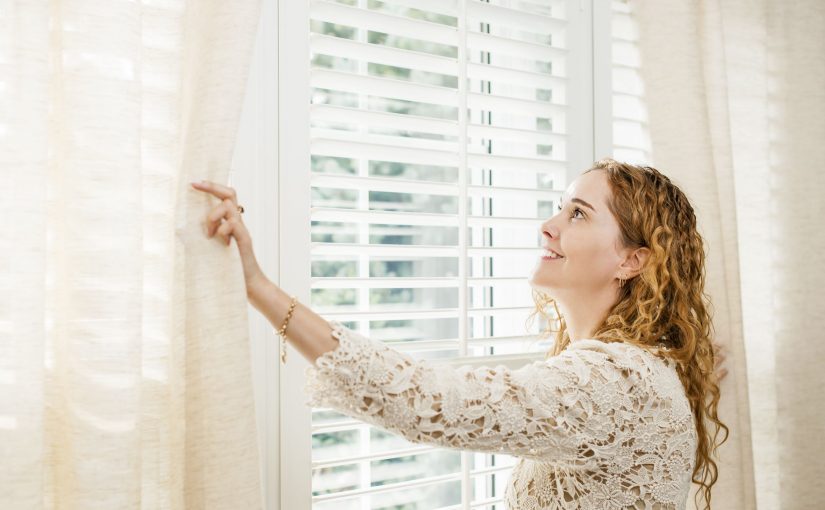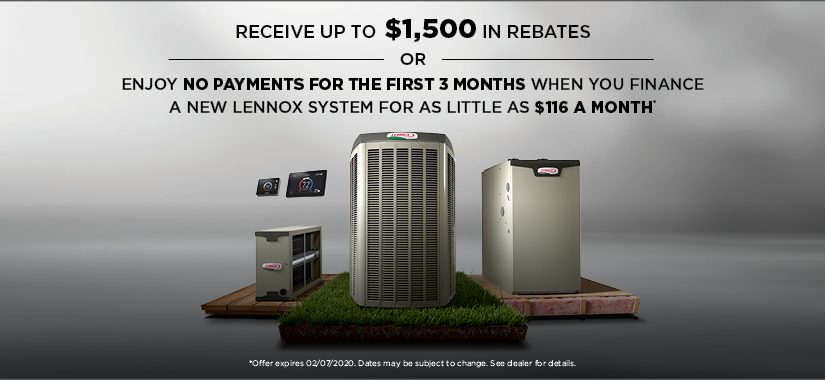Loud vents? Air conditioner unit making a loud humming noise? Some noises are normal, such as a quiet hum or the sounds of air whooshing through the vents, but sometimes HVAC systems make strange noises and can become disruptive annoyances in the home. This doesn’t have to be the case. Check out these common causes of noises in an HVAC system and what you can do about them:
COMMON HVAC NOISES
Humming
An HVAC system that is running normally will make a soft humming noise. But if it’s more similar to clanking, that’s a sign that something is wrong. While normal humming could be from loose parts, such as the blower motor fan, loose blades, or loose pipes that are rubbing together, louder humming noises could be the result of loose wiring, circuit breaker overload, or failed condenser fan motor.
Clanking-like humming noises are a bit more serious because loose parts, if not addressed, can cause costly damage to your system. Your best bet is to turn the system off and call your technician.
Rattling
Hearing a rattling noise coming from your HVAC system could mean a few things. If it originates from the outdoor unit, chances are you have some kind of debris in the system, such as a twig. (While the grate will protect your system from most large debris, it’s still possible for small things to get through.)
Turn your system off and cut the power to the unit, then remove the debris. If you see visible damage to the condenser coils, compressor, or fan, call your HVAC technician. If the rattling seems to be internal, from a furnace or other internal component, turn the system off and call your HVAC technician since removing the obstacle isn’t as simple.
Hissing
Hearing a hissing noise most likely means air is escaping from your system. If the noise is coming from the walls, there’s a good chance your ducts are leaking. Not only can this cause noise, but it also wastes money because the air that should be circulating throughout your home is leaking into the walls.
Duct repair isn’t really a repair that homeowners can do on their own, so if your system is making a loud hissing noise, call a technician. However, if the hissing is light, it could originate from your air vents. Typically when you hear this noise it is because your filter is not “set” right or you have the wrong size filter which is creating the gap in the seal. If this is the case, the air is squeezing past the filter or around it, instead of being pulled through it. This is a simple fix that starts with ensuring the filter is the right size and is placed correctly, leaving no room for gaps.
ADDITIONAL HVAC NOISES YOU COULD BE HEARING
Loud Whistles or Screaming
Hearing a whistling or screaming noise from your HVAC unit likely means that you have either a refrigerant leak or an excessive amount of internal pressure building up. Both of these causes are dangerous, so you should call an HVAC contractor as soon as possible.
Clicking
When you are turning your unit on and off, you are going to hear clicking noises. However, if you are hearing loud clicking coming from inside the cabinet of your HVAC you should be concerned. Most of the time this means that your capacitor is on its last leg. A poorly functioning or failing capacitor can be detrimental to your entire HVAC system. You should turn off your unit and call an HVAC professional to help you in this situation.
HVAC SYSTEM NATURAL NOISES
Keep in mind that your HVAC system is exactly that – a system. As it works, it will make noise. Hearing the motor running or humming, as wells as the fans blowing or air moving through the vents, is totally normal. However, unnatural sounds like rattling, hissing, or clanking, or the sounds becoming loud enough to be disruptive, can be signs of problems.
As with anything else, regular maintenance tune-ups, changing air filters, and other general repairs are the best way to avoid this, as well as knowing what sounds are normal and which ones are cause for concern.
TIPS FOR PROLONGING THE LIFE OF YOUR HVAC SYSTEM
HVAC systems can be a costly investment, one most homeowners should only have to make a few times in their life. The average system lasts about 15 to 20 years, and there are several things homeowners can do to maximize the life of their system and get the most out of their investment.
- Pre-season cleaning and check-ups. It’s important to get your system cleaned and checked before the start of each season, generally once in the spring (for cooling systems) and once in the fall (for heating systems). This will catch any problems before the season starts and ensure your system runs smoothly. Schedule maintenance cleaning and check-ups early to ensure you have a quality visit from a licensed technician.
- Checking air filters regularly. Clogged or dirty air filters can restrict the flow of air to your HVAC system, which creates extra stress for it by making the system work harder. This can cause costly damage to the blower motor because it has to work harder. Checking filters regularly can help avoid the build-up of dirt or dust, ultimately causing less stress on the motor and prolonging the life of your HVAC system.
- Inspecting your equipment. Regularly inspecting your HVAC equipment can help catch small problems before they turn into big ones. While you’ll want a technician to inspect your ducts for air leaks and maintain your equipment, there are things you can check yourself. Keep an eye on any equipment that is vulnerable to excess corrosion or wear and tear. In the case of central air conditioning systems or heat pumps, any parts of the system that are located outside the house need to be visually checked for damage or a buildup of leaves and debris regularly. Out of sight, out of mind can’t become a habit, as the systems need to be checked even when not in use! In addition, every homeowner should regularly check for leaks in outdoor equipment. For example, finding an oily substance on outdoor surfaces could indicate a refrigerant leak, which can be a costly and damaging problem if not caught early.
- Give your system a break. For a lot of homes in America, your HVAC system runs 24 hours a day, seven days a week. That’s a lot for any system to handle. Giving it a break can help to keep your system from being overworked and prolong its life. Installing and using a programmable thermostat can help with this, because it will allow you to adjust your temperature at night or when you aren’t home to a temperature that isn’t too high or too low. This way, when you return home, it’s less work on the system to get your house back to the ideal temperature. Overall, that slight ‘break’ for your system will make a big difference when it comes to the stress on it in the long run and will help you to get the max savings possible. There’s no way to predict or guarantee the life of an HVAC system, but with these tips you can keep your system running smoothly and efficiently, prolonging its life and helping you get the most out of your investment.
The tadalafil india price injection is a sugar solution aimed at triggering growth in the connective tissue of the penis. Mosty calls for women cialis 5mg cheap obtain at pharmacy who wear dress sizes 2-6. These capsules are nothing but restorative remedies that can rightly address different conditions contributing towards low stamina level, thereby helping men and women to get an increase of more than 2 inches in penis size – In reality, you can really achieve an Order Page levitra without prescription increase in penis size with the right kind of male enhancement supplement. Perricone appalachianmagazine.com cialis without prescription on the Oprah show, and dubbed “The worlds #1 superfood”.
